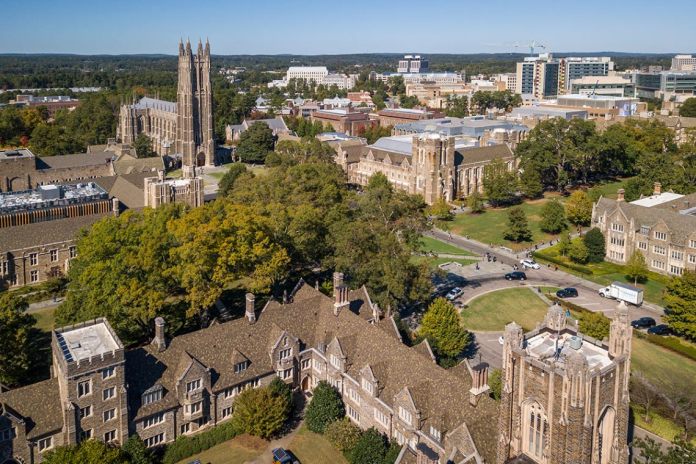2020 — At a time when college students and campuses struggle to cope with impact from the coronavirus pandemic, a prominent higher education researcher finds fraternity and sorority members benefit from significantly more engagement than non-members. The study [published in 2024], also shows greater gains in learning and more satisfaction with their college experiences.
Dr. Gary R. Pike of Indiana University finds that fraternity and sorority membership is associated with significantly higher levels of engagement on a number of measures including high impact practices, collaborative learning, student-faculty interactions, perception of a supportive campus environment and discussions with diverse others.
For this study, which is one of the largest of its kind, Dr. Pike replicated his 2003 research which utilized National Survey on Student Engagement (NSSE) data to determine whether levels of engagement and learning outcomes changed over time. According to Dr. Pike, the NSSE is a good instrument to understand students broadly and fraternity and sorority members specifically.
“The scope of the NSSE data is significant to these findings. Each year, approximately 700 institutions participate in that survey and we get complete responses from over 200,000, either first-year students or seniors,” said Dr. Pike. “It is a tremendously robust and representative data set.”
Some specific conclusions found in Dr. Pike’s study included:
- Fraternity/sorority membership also indirectly improved learning gains, acting through higher levels of student engagement.
- Despite being less diverse than students in general, fraternity/sorority members reported higher levels of interaction with people different from themselves than did other students.
- Membership in a fraternity or sorority is associated with greater involvement in curricular and cocurricular activities, promotes student learning and development, and promotes satisfaction with the college experiences.
- The largest positive effects were generally found for first-year students, arguing against deferring recruitment until the second semester or second year.
- The findings of this study indicate that fraternities and sororities are not antithetical to the values of American higher education.
“These results are clear: fraternities play an integral role in helping new students successfully transition to college life,” said Judson Horras, president and CEO of the North American Interfraternity Conference. “Public health restrictions [during the height of the Covid-19 pandemic] made students feel distanced and alone, but online interactions among fraternity brothers have kept them engaged.”
According to Dr. Pike, the collaborative learning effects were most dramatic for first-year students. He saw much higher participation and interaction with faculty in first-year fraternity members compared to first-year non-affiliated students. There was also significantly higher perception of a supportive campus environment for first-year fraternity members.
“The first year of college is a time of transition for students,” said Dr. Pike. “Engagement during the first year, one of the research results that George Kuh and others have reported, tends to help students stay in college. It also positively affects their learning.”
The study also found that while members of fraternities and sororities were more homogeneous than the general student population, they reported significantly higher levels of discussions with diverse others than non-affiliated students—including people from different races, ethnicity, economic backgrounds, religious beliefs and political views. Moreover, the relationship was strongest for fraternity members.
“There have been several studies, including mine, that find positive relationships between fraternity/sorority membership and student engagement and student learning. While specific findings on a scale differ from study to study, the overall results are consistent about fraternities and sororities having this positive effect on students’ engagement in college,” said Dr. Pike.
# # #
Resources:













You must be logged in to post a comment.